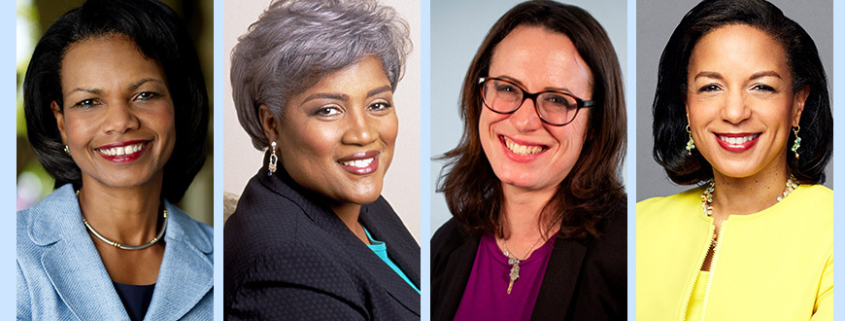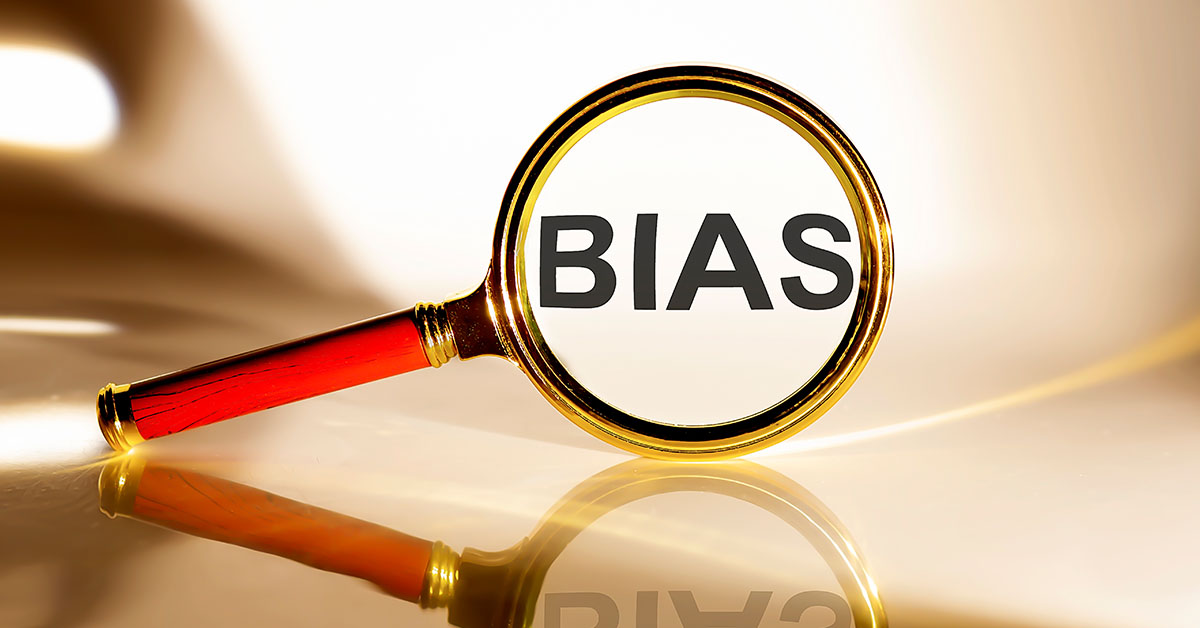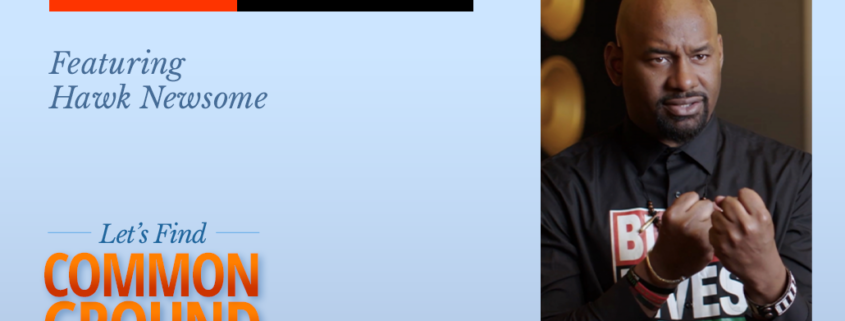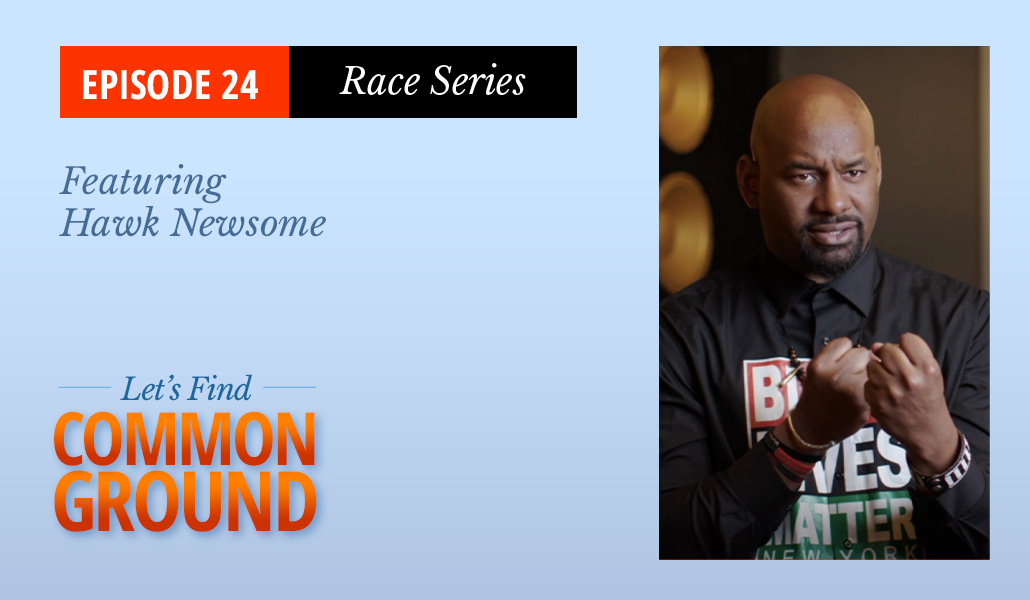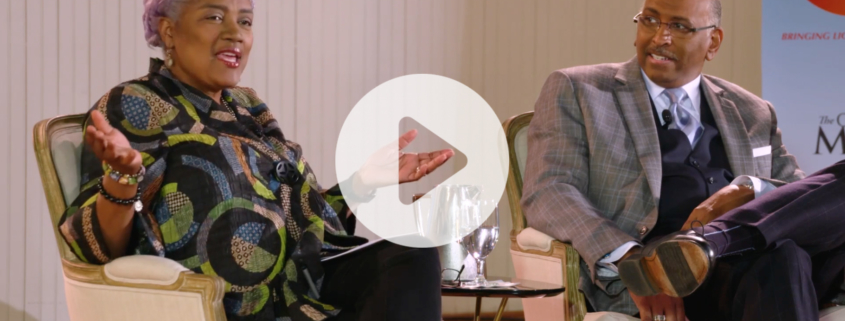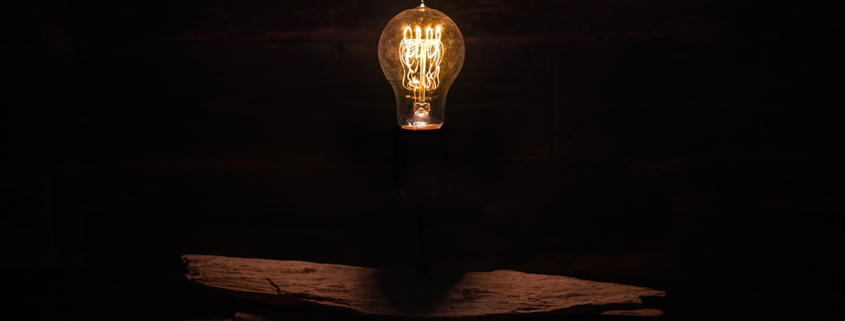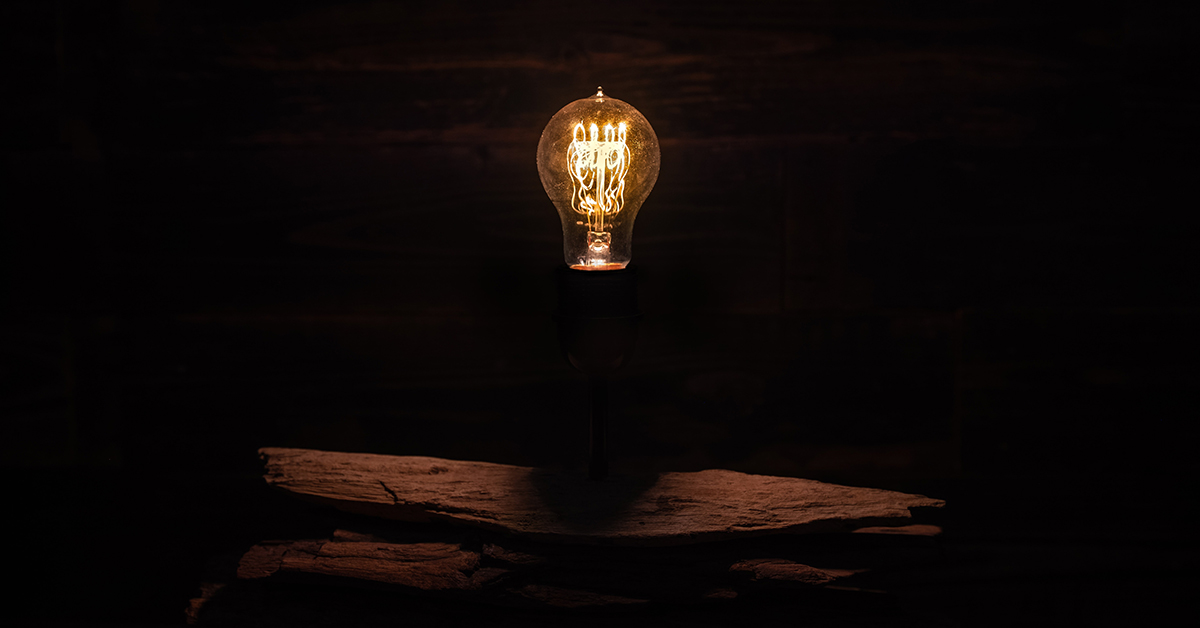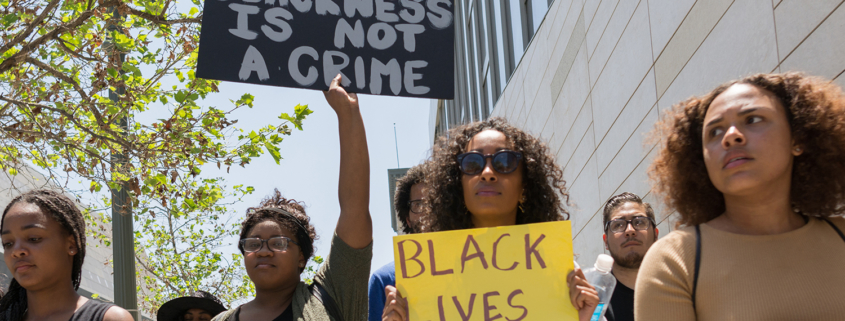Celebrating the Role of Women in Shaping History…And Our Future
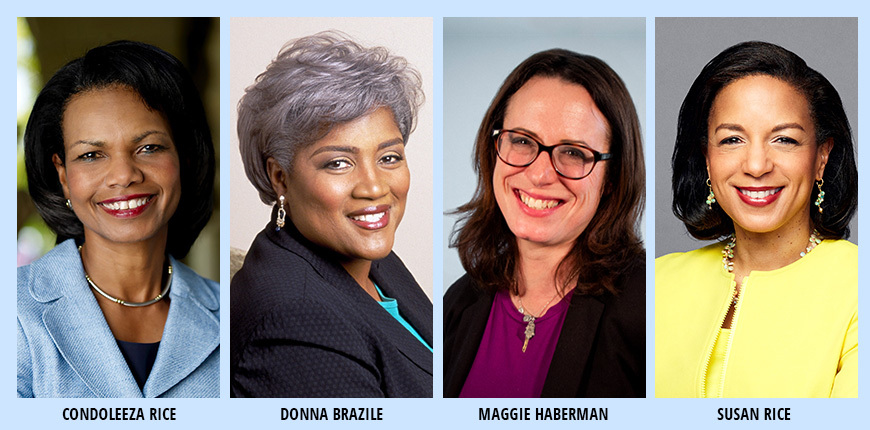
Women’s History Month, recognized each March, celebrates the vital role of women in shaping our history – and our shared future. As a citizen-led nonprofit dedicated to driving more progress and less divisions, we have been fortunate to explore some of our era’s most pressing issues with women who are breaking ground in their pursuit of democracy, truth and the creation of a thriving nation that upholds our common ideals.
As we pause to celebrate the accomplishments and progress of women, hear directly from seven iconic CGC panelists in these videos from our YouTube channel, featuring some of our most engaging forums and podcast conversations.
Condoleezza Rice
Born in Birmingham, AL, Condoleezza Rice was raised in the racially segregated South. A member of the Republican party, she was appointed by President George W. Bush to serve first as the country’s first female National Security Advisor and later as the first Black female Secretary of State. Along with former Secretary of State John Kerry, Ms. Rice was a guest panelist at our forum Finding Common Ground on America’s Role in the World. (For your reading list: No Higher Honor: a Memoir of My Years in Washington by Condoleezza Rice.)
Donna Brazile
As campaign manager for Al Gore, in 2000 Donna Brazile became the first Black woman to manage a major party presidential campaign and served twice as acting Chair of the Democratic National Committee. She is an author and contributor to Fox News. Along with former Republican National Committee Chair Michael Steele, Ms. Brazile was a guest panelist at our forum Finding Common Ground on Government’s Role in Bridging Racial Divides. (For your reading list: For Colored Girls Who Have Considered Politics by Donna Brazile, Yolanda Caraway, Leah Daughtry & Minyon Moore.)
Susan Rice
One of the country’s most prominent diplomats, Susan Rice was appointed under President Barack Obama to serve as the first Black woman ambassador to the United Nations. She was later named National Security Advisor. Currently, she serves as director of the Domestic Policy Council for the Biden administration. Along with Gen. David Petraeus, (US Army, Ret.), Ms. Rice was a guest panelist at our forum Finding Common Ground on the New Cold War. (For your reading list: Tough Love: My Story of the Things Worth Fighting For by Susan Rice.)
Maggie Haberman
Maggie Haberman is a CNN political analyst and New York Times White House correspondent. One of journalism’s most influential voices, in 2018 she received a Pulitzer Prize for coverage of the Trump administration and alleged Russian interference in the 2016 presidential campaign. Along with Fox News Sunday host Chris Wallace, Ms. Haberman was a guest panelist at our forum Finding Common Ground on Facts, Fake News & The Media.
Caroline Randall Williams
Harvard graduate Caroline Randall Williams is an award-winning author, activist and scholar. She is the descendant of enslaved people and the great-great-grand-daughter of Edmund Pettus, a Confederate officer and grand dragon of the Ku Klux Klan, for whom is named the bridge in Selma where the 1965 civil rights march known as “Bloody Sunday” took place. Ms. Williams appeared as a guest on our podcast episode My Body Is a Confederate Monument.
Ilyasah Shabazz
Ilyasah Shabazz is the daughter of Malcolm X and Betty Shabazz. She is an award-winning author, community organizer, social activist and adjunct professor at John Jay College of Criminal Justice. She is passionate about promoting higher education for at-risk youth and interfaith dialogue to build bridges between cultures for young leaders of the world. Ms. Shabazz appeared as a guest on our podcast episode What Racism Means to Me. (For your reading list: Growing Up X: A Memoir by the Daughter of Malcolm X by Ilyasah Shabazz.)
Abigail Spanberger
Democrat Abigail Spanberger is serving her first term in Congress after defeating a Republican incumbent in Virginia’s 7th Congressional District. Previously, she served as a federal agent and as a case officer for the CIA. Along with Republican Congressman Brian Fitzpatrick, a fellow member of the bipartisan Problem Solver’s Caucus, Ms. Spanberberger appeared as a guest on our podcast episode Seeking Common Ground in Congress.

